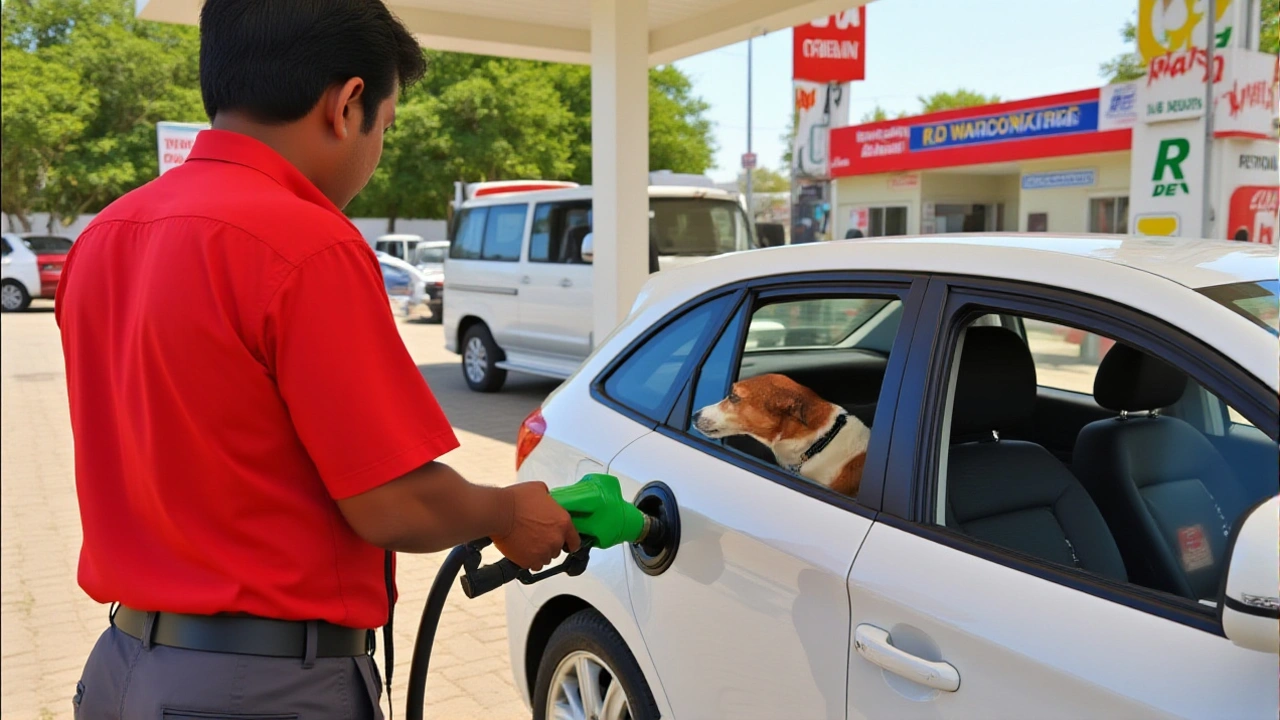Petrol Prices in Africa: What’s Driving the Cost and How It Affects You
When you fill up your car in Lagos, Nairobi, or Cape Town, you’re not just paying for fuel—you’re paying for a complex mix of petrol prices, the cost of refined gasoline at the pump, influenced by global oil markets, local taxes, and government intervention. Also known as fuel costs, these prices directly shape how people move, how goods get delivered, and even how much food ends up on your table. In many African countries, a single cent change in the price of petrol can ripple through the entire economy.
Why does this matter so much? Because fuel subsidy, government payments to keep fuel prices artificially low for consumers are being cut or removed across the continent. Countries like Nigeria, Ghana, and South Africa have slashed subsidies in recent years, forcing prices to reflect real market costs. That means more money spent on transport, less for school fees or medicine. At the same time, African economy, the collective economic activity across African nations, heavily reliant on transport and logistics struggles to adapt. When trucks cost more to run, food prices rise. When bus fares go up, workers skip shifts. It’s not just about filling a tank—it’s about keeping families fed and businesses open.
There’s no single reason for today’s high prices. Global oil markets swing with wars in the Middle East, OPEC decisions, and shipping disruptions. But local factors matter just as much: poor refining capacity, long transport routes, currency weakness, and corruption in fuel distribution. In South Africa, for example, the price at the pump includes taxes, transport fees, and a retail margin—all added on top of the international crude cost. And when the rand weakens, even a stable oil price can suddenly feel much higher.
What you’ll find in the articles below isn’t just raw data or headlines. It’s the real impact: how petrol price hikes forced families to walk miles, how small business owners changed their routes to save fuel, and how governments tried—and sometimes failed—to keep things affordable. These stories show the human side of a number on a receipt. You’ll see how this issue connects to everything from public transport strikes to food inflation. There’s no one fix, but understanding the chain of cause and effect helps you make smarter choices—and know when to ask for better answers.
